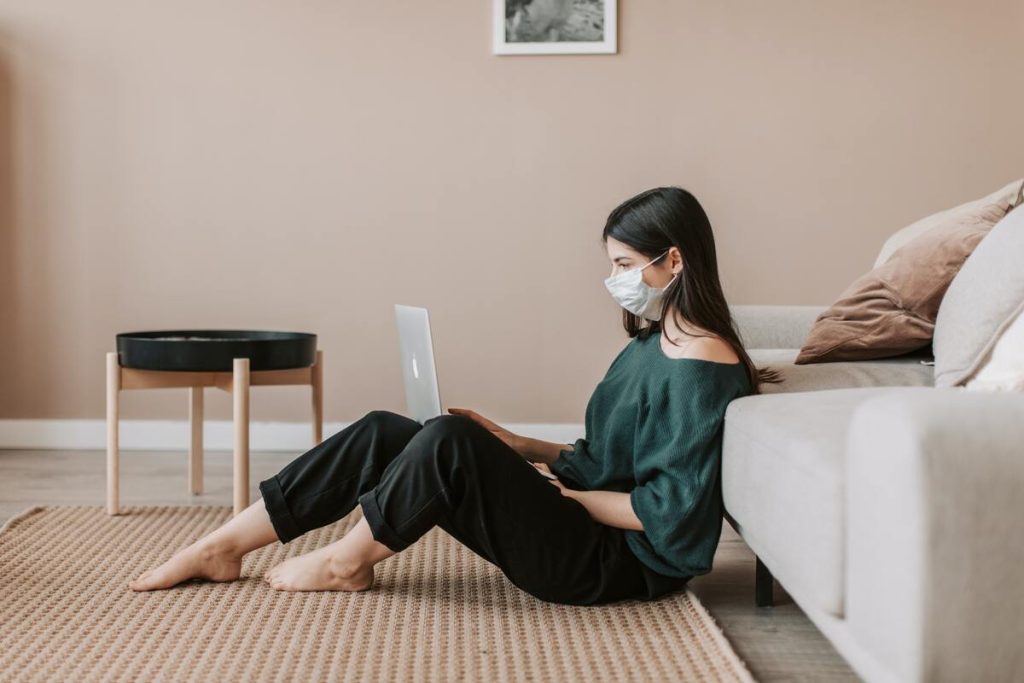COVID-19
Information for COVID positive patients
If you have COVID-19 and would like to consult with a GP, you should contact your regular GP in the first instance. If you are unable to see your regular GP you can make an appointment at our Drive Through Respiratory Clinic. Standard consultation fees apply for Respiratory Clinic consultations.
Antiviral Treatment Eligibility
You may be eligible for antiviral treatment. Please check the criteria listed here.

